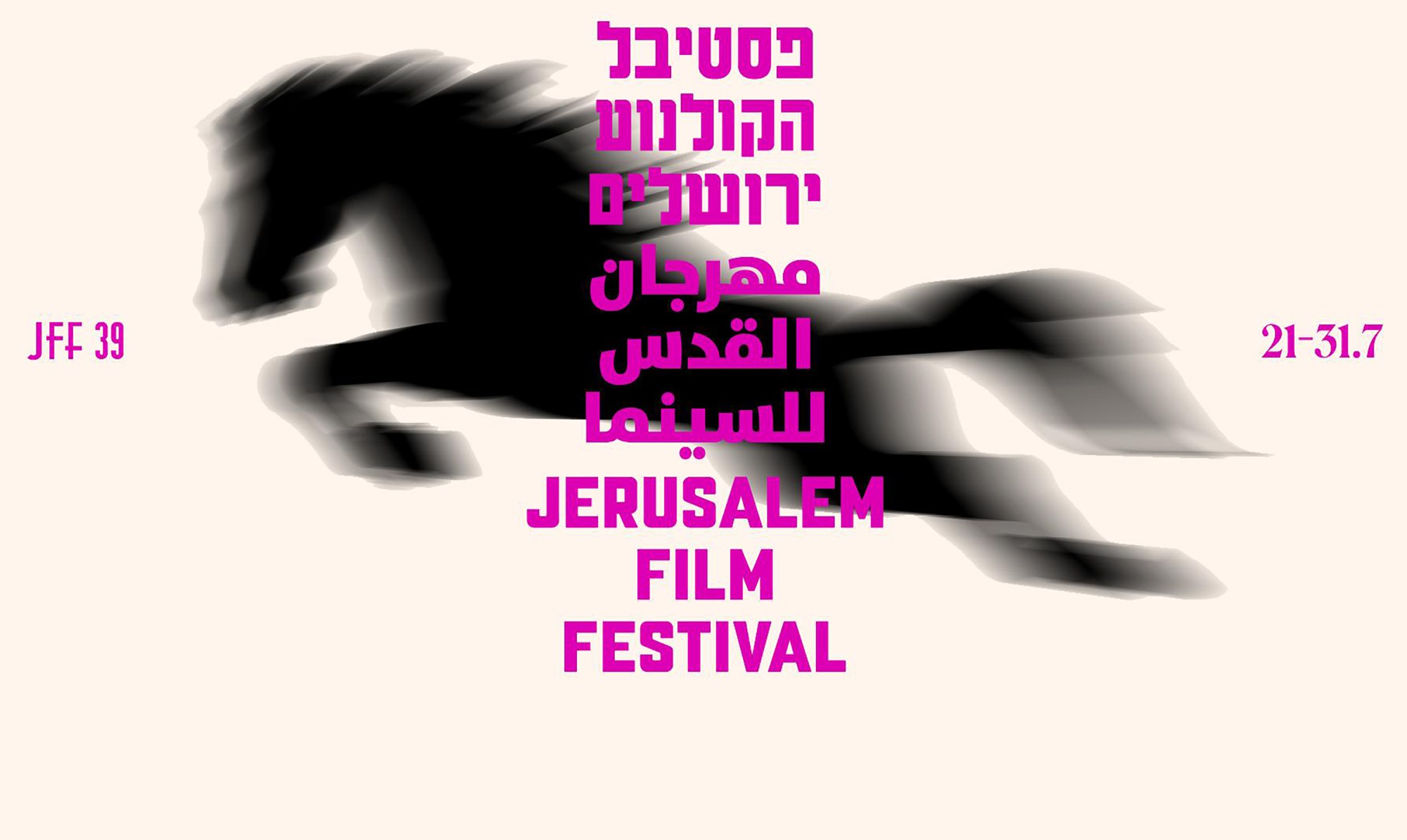
- Festivals
Jerusalem Film Festival, and the Promise of Unity
There is something fascinating about combining the old and the new in one go. Such was the experience at this year’s Jerusalem Film Festival, which took place mainly at the modern cinematheque overlooking the ancient city. Here is where three worlds – Jewish, Christian and Muslim – have met (or clashed) for millennia; and here, at the grounds of the festival, is where local and international filmmakers and filmgoers met for artistic exchange in the last days of July 2022.
Diverse, cultured, intergenerational audiences filled the four cinematheque screening rooms each day from morning to night, taking breaks in between for coffee, drinks and pizza at an outdoor patio. Aside from an ever-present armed guard and checkpoints at the entrance, the atmosphere was relaxed and friendly.
The program represented local and international cinema with a flair for the bold and the original. It opened with the Cannes winner Triangle of Sadness, in the presence of director Ruben Östlund. The main international competition section included films with feminist perspectives such as Nicolette Krebitz’ AEIOU, a Quick Alphabet of Love, about a 60-year-old woman who has an affair with a teenager; Marie Kreutzer’s Corsage, a love song for the individualistic Empress of Austria Elizabeth, nicknamed Sissy, who suffered for being ahead of her time; and Ali Abbasi’s horrifying Holy Spider, recounting the story of the serial killings of prostitutes in Iran between 2000 and 2001.
Human relationships between couples and people who shared similar fates dominated the rest of the international competition – among others, Sick of Myself by Kristoffer Borgli, which focuses on a woman who gives narcissistic personality disorder a new, and more extreme meaning; Tori and Lokita by Jean-Pierre and Luc Dardenne, which follows two “siblings” from Africa who test human ingenuity in order to survive; and Decision to Leave by Park Chan-wook, which explores the codependent relationship between a crime detective and a criminal in South Korea.
Alexandru Belc’s Metronom, which won the Nechama Rivlin Award for Best International Film, tells the love story of two high school students under Ceauşescu’s oppressive regime in Romania. It is a heart-felt drama that gives shape to the passion of young people for love and freedom, in a recreated period atmosphere that feels unusually authentic.
Anyone who attends this festival will also get an idea of what’s new in Israeli cinema, as well as an impression about the present state of the collective psyche of this nation. Yona Rozenkier’s 35 Downhill and Moshe Rosenthal’s Karaoke – which respectively won the Haggiag and the GWFF Award for Best Israeli First Feature – both deal with reconciling the wish to be socially relevant with the need to stay true to one’s self and to honor what matters most for most people: love and family.
International and Israeli sections aside, the choices of this festival’s programmers show a particular interest in social justice, environmental and animal issues, the Israeli-Palestinian conflict, international politics – and also self-reflective comedies.
Jerzy Skolimowski’s EO, which won the Jury Prize at Cannes this year, makes a powerful statement about humanity’s cruelty toward other species. As seen from the point of view of a donkey, the audience begins to perceive its own species as absurd at both its good and bad moments.
In exploration of a different but equally absurd scenario, Michel Hazanavicius’ horror parody Coupez! (Final Cut) reveals contemporary filmmakers’ desperate efforts to win money and success, while being unfailingly ready to compromise their own artistic integrity.
With a clear love for cutting-edge and ground-breaking content, the Jerusalem Film Festival fulfilled its promise of contrast but also, in a mirroring effect, that of unity; the unity of the old and the new, the timeless and the temporary, the infinite and the finite. Shalom Jerusalem!